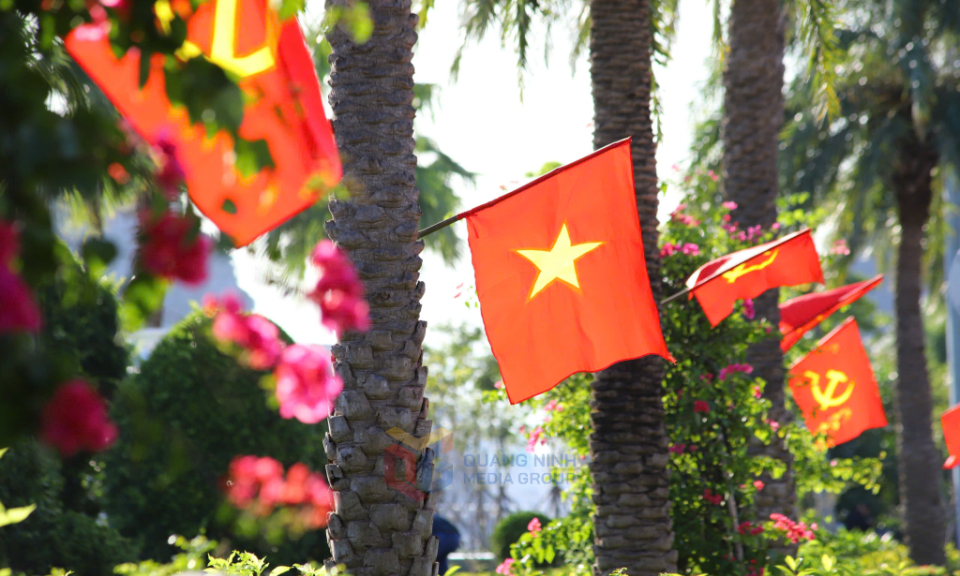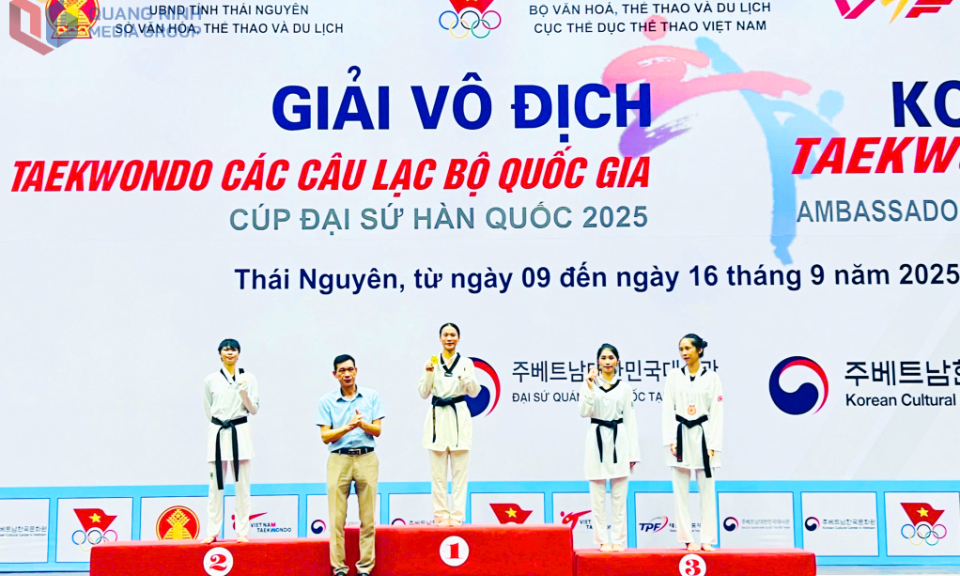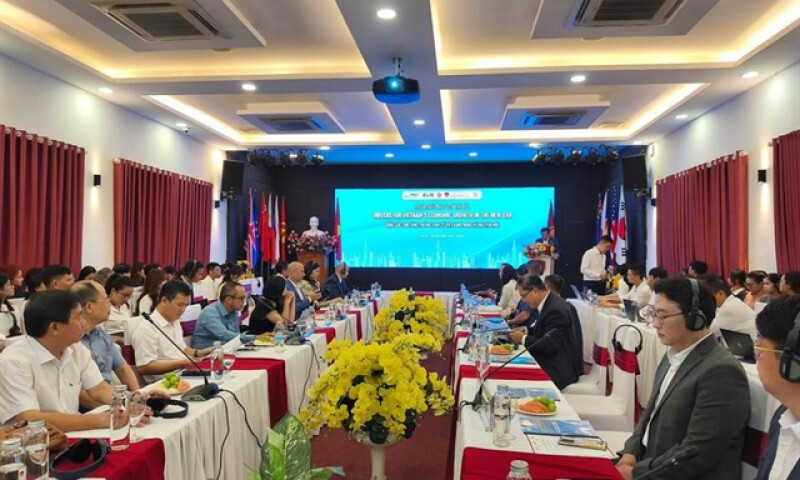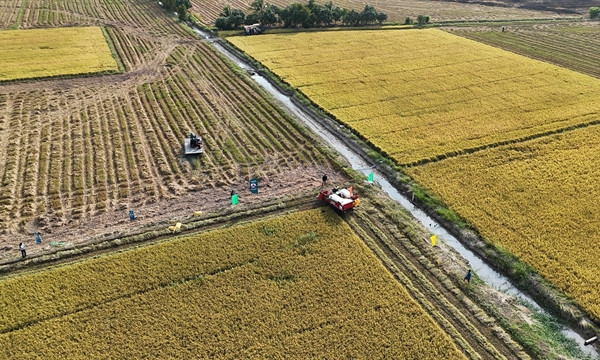ABAC initiatives key to sustainable development: president
President Lương Cường emphasised that ABAC is not only a bridge between the business community and APEC leaders, but also a birthplace of breakthrough ideas aimed at promoting economic recovery, innovation, and sustainable development.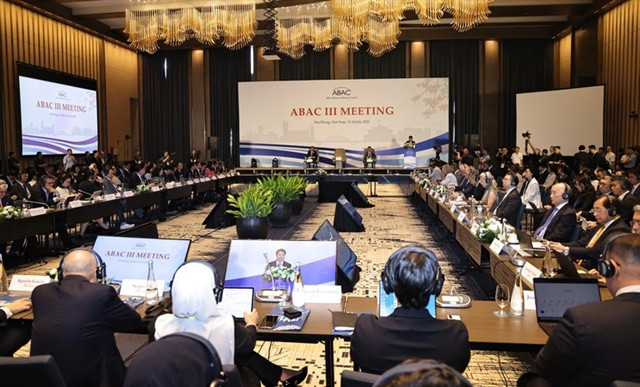
As the global economy continues to grapple with climate change, supply chain disruptions and evolving trade policies, the need for multilateral cooperation and public–private dialogue has become increasingly pressing.
This was part of discussions at the third meeting of the APEC Business Advisory Council (ABAC III), held from July 15 to 18 in Hải Phòng, which served as a crucial forum for intellectual exchange, vision sharing and the shaping of future-oriented initiatives for the Asia–Pacific region.
Speaking at the opening session, President Lương Cường emphasised that ABAC is not only a bridge between the business community and APEC leaders, but also a birthplace of breakthrough ideas aimed at promoting economic recovery, innovation, and sustainable development.
He welcomed ABAC’s selection of core discussion topics this year, including free trade, sustainable investment, digital transformation, artificial intelligence, green finance, and biotechnology innovation, all of which are strategic priorities in Việt Nam’s development roadmap towards 2030 and its 2045 vision.
The president said that to realise these priorities, Việt Nam is advancing institutional reforms, improving its legal framework, and building a transparent, stable, and competitive investment and business environment.
Cường stressed that enterprises play a pioneering role in the country’s modernisation process. Việt Nam has introduced comprehensive support mechanisms for the business sector, especially small and medium-sized enterprises (SMEs), including access to finance, workforce training, digital transformation, technological innovation and deeper integration into global value chains.
“Competition is essential, but cooperation is what ensures that all economies win,” the president said, calling on major corporations to actively support SMEs through training, technology transfer, and market cooperation.
He argued that a sustainably developed APEC region cannot exist without close business links and that ABAC must play a central role in leading initiatives and connecting the private sector with governments.
Outlining Việt Nam’s long-term goals, the president noted the country’s commitment to a future of inclusive development, with people at the centre, businesses as the driving force, and sustainability as the core objective.
Concrete targets have been set, including the completion of 5,000 kilometres of expressways, the launch of the North–South high-speed railway, the training of 50,000 semiconductor engineers, and the development of an innovation ecosystem focused on high technology, AI, green energy, and the circular economy.
The ABAC III meeting in Hải Phòng is one of four annual gatherings held to prepare policy recommendations for submission to APEC leaders at the 2025 APEC Economic Leaders’ Week in South Korea. This year’s event brings together around 200 domestic and international delegates, including leaders from major corporations, trade promotion agencies, and investment organisations from all 21 APEC member economies.
Việt Nam’s role as host of the meeting not only affirms its proactive engagement in regional economic integration but also helps elevate the country’s international standing, promote its image, and attract high-quality investment in the long term.
The country is also actively preparing to host APEC in 2027, reaffirming its commitment to working with ABAC in shaping a regional cooperation environment that places enterprises at the centre and sustainable development at its core.

